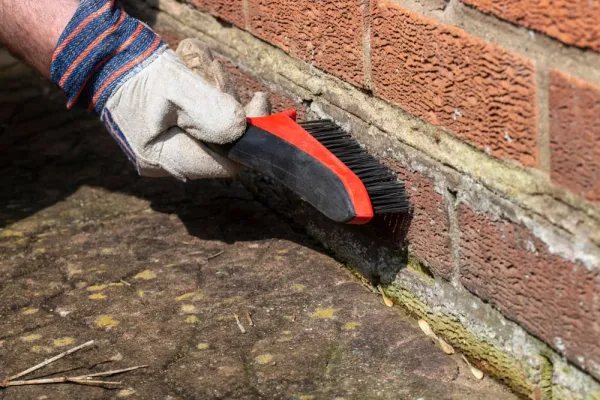Selling your house is difficult at the best of times.
You want it to move as smoothly as possible. So, it can be frustrating when that doesn’t happen.
If you’ve ever wondered why your house isn’t selling, this blog is for you.
1. Your estate agent isn’t pulling their weight
You need to pick an estate agent to get the desired results.
It’s no good simply walking down the high street and picking the first one you see. You need to do your research.
Look for customer reviews that emphasise efficiency and speed.
Estate agents with deep roots in the local area may have a wider network of potential buyers.
If you’re already tied into a contract, you might want to switch once the term expires.
Get support from a solicitor about how to do this in the least disruptive way.
2. Your asking price is unrealistic
Many estate agents value properties higher than they’re worth.
This gives a starting point for negotiations when a potential buyer offers less.
But overpricing properties can backfire on sellers. It reduces the number of viewings and gives potential buyers more leverage in negotations.
A good estate agent should help you settle on a realistic asking price. They’ll also discuss possibly dropping your asking price, if needed.
3. Lack of advertising
Advertising is crucial to getting potential buyers through the door. Your house should be:
- On property portals
- On your agent’s website
- In your estate agents’ office window.
4. Your home is in an undesirable location
You may like your home’s location, but not every potential buyer will feel the same.
Everyone has different criteria when buying a property. So, list all relevant location information (schools, hospitals, public transport, etc.)
5. Photographs are terrible
Photographs can have a big impact on properties’ marketing.
So, if the photographs used are of poor quality or unrealistic representations of your home, it can impact how quickly your home sells.
Furthermore, too many photographs are better than a handful. Buyers will assume there is something to hide otherwise.
If you are dissatisfied with the images used to sell your home, you can ask for a new set. Give examples of excellent photos that you like.
6. You’re kept out of the loop
Your estate agent should touch base with you to discuss your property.
Feedback from viewings should be reported to you.
Along with any potential offers. You should feel confident that you are getting all the information and never left in the dark.
After all, how can you expect to sell your home when your estate agent isn’t giving you their attention?
Make sure your estate agent keeps you in the loop. And lay some ground rules about the communication you expect.
7. Wrong time of year
The property market is relatively seasonal.
Most people house-hunt in the spring and autumn.
Summer and winter months are filled with school holidays and Christmas.
People tend to have more time on their hands in spring and autumn. This makes selling up and buying a new house much easier.
February to June is the best time to sell your house. Mid-September to October also proves fruitful.
If you’re determined to sell in the winter, you could accept a lower offer than normal.
Or, you may give buyers an incentive. Coving their moving costs is a typical example.
8. Potential buyers don’t want a project
Some buyers buy homes that need work done to them because they can usually put in a cheeky offer below asking.
Often, they will buy the property, complete renovations, and sell it on for profit or live in it themselves.
But, not all property seekers want a project property. They want a home they can move into that may need a lick of paint or carpets to be swapped for wooden flooring.
If your home isn’t selling, have you considered addressing any areas of concern? Ask your estate agent what people have said. You can then focus on these.
Address any structural or aesthetic issues. This will increase your chance of selling quickly.
9. Local market conditions are poor
The time of year impacts the time it takes to sell your property. But local market conditions are equally important.
Your estate agent will be able to discuss how the local market is performing. They can give you an idea on the market absorption rate. If the absorption rate is high, this could mean it’s a ‘buyer’s market’.
It could be a reason why your home is not selling. You may thus prefer to take your property off the market and wait until the local market picks up again.
10. You aren’t being flexible
You need to be flexible if you want to sell your house fast.
Are you accommodating viewings that suit interested parties? Are you responding to feedback? Are you open to offers that are less than your asking price?
You want to get your ‘ideal’ value. And you don’t want buyers to mess you around.
But compromise is essential, too. Otherwise, your home could sit on the market for months on end.
Failure to budge on appointments to view, inspection requests, and low offers can hinder the sale of your home. Remain realistic and adaptable if you are determined to sell.
















